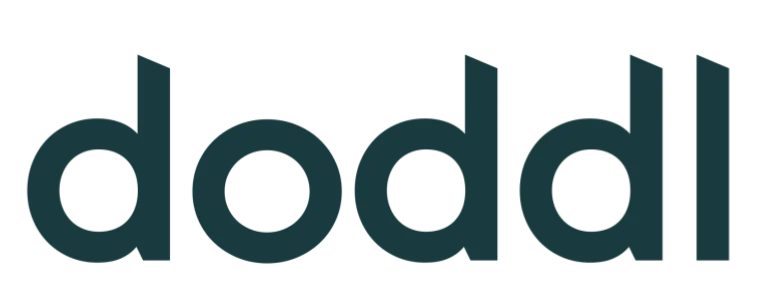Our latest Irish Independent doddl.ie Mortgage Switching Index is out today read full article -> Read Here
Householders rolling off fixed rates could be needlessly overpaying almost €16,000 in the next three years on the average mortgage if they do not make the right choice about their next move, an expert has warned.
The gap between the highest and lowest new business fixed rates on the market has widened to a high of almost 3pc, the Irish Independent doddl Index has found.
Over 90pc of new mortgages are on fixed rates, the vast majority with durations of five years or less, leaving the Irish mortgage holder exposed to rate increases.
Managing Director of doddl.ie Martina Hennessy has urged mortgage holders not to take a wait and see approach as rates continue to rise.
“Your mortgage is your biggest outgoing and, generally, if you switch, you save. There is still value in the market, but you must do your research or get market-based advice to ensure you find it,” said Ms Hennessy.
“Rates have increased but it still makes sense to switch as there are still large differences on rates offered between lenders.
Mortgage Switching – what is the lowest mortgage interest rate?
“The lowest rate on the market is now a three-year fixed rate of 3.25pc while the highest three-year fixed rate for the same loan to value is 6.2pc.
“The difference in monthly repayments between the two for a €250,000 mortgage is €443 per month which equates to €15,948 over a three-year fixed term.
“Many of the best rates on the market are available from lenders who only deal with brokers, so by not doing your research and using a broker you are effectively rolling the dice on your finances.
“And with nine lenders in the market, without advice, the chances are you may not land on the right option.”
The latest Irish Independent doddl.ie Mortgage Switching Index reveals that mortgage holders on the highest variable rate could save up to €3,587 per annum by switching their mortgage.
This is based on the average new mortgage draw down in the last quarter of almost €282,000 and a roll out variable rate of 5.15pc versus the lowest non-green rate on the market – currently 3.25pc.
The index is based on the average mortgage drawn down for new lending in both the first-time buyer and second-hand mover markets as at Q1 2023.
Homeowners emerging from fixed rates or on variable rates are in uncharted territory at the moment, and are being faced with rises in repayments that they haven’t budgeted for.
“It is important that those currently on a fixed rate get ahead of upcoming rises and shop around before accepting a fixed rate from their existing mortgage lender.
“You might be paying more when you roll off your rate, but you will still save by switching as opposed to accepting the first rate on offer.
“For example, your bank may offer you a 4.5pc five-year-fixed rate, but a broker will secure a similar term at 3.75pc if you are at 80pc loan to value.”
The market now predicts that funding curves will peak at 4pc in late 2023, indicating that mortgage lending rates could rise to over 5pc.
Mortgage holders who locked into fixed rates averaging 2.5pc even up to 12 months ago could be faced with equivalent rates of up to 6.25pc when they exit their current deal.
Recent ESRI research found that 46pc of consumers did not compare offers on mortgages, despite what the study found are differences in interest payments that can add up to tens of thousands of Euros.
Of those who did switch their mortgage in 2022 the majority chose to work with a mortgage broker as they search for lower market rates across all major lenders.
Central Bank research published in April noted that up to 40% of mortgage-holders in Ireland are likely to be insulated from repayment increases until the end of 2023.
These mortgage holders will have experienced no increase in repayments to date.
“For those rolling out of fixed rates in 2023 my advice would be to start researching options now, so you have time to make an informed decision and lock before rates increase further,” said Ms Hennessy.
“By getting market-based advice you could save significantly on what is for most their largest financial outgoing.”




